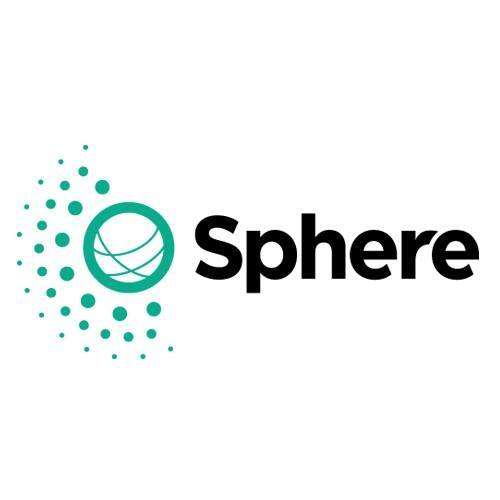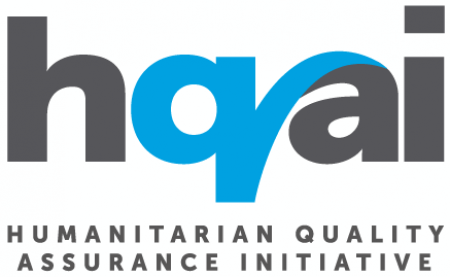Transparency & Accountability
We only have not worked to implement our development and relief programs and ensuring that the target groups and stakeholders are informed and consulted, but we also make them participate in decision-making processes by involving them in projects design and implementation, this participation makes the target groups become not just beneficiaries but partners.
BFD (Building Foundation for Development) works in implementing many developments and relief programs based on the priorities of community needs and humanitarian response plans in collaborating with local communities and local regional and international partners. This aims to improve the living conditions of the target groups in society in a tangible, realistic and sustainable way. BFD also strengthens relationships of trust and integration with stakeholders (donors – partners) and acting responsibly towards the target groups and making sure to provide accessible information in a timely manner. In addition, BFD ensures that the beneficiaries obtain satisfaction by developing complaints mechanisms that can be safely accessed and working to respond and give feedback.
We only have not worked to implement our development and relief programs and ensuring that the target groups and stakeholders are informed and consulted, but we also make them participate in decision-making processes by involving them in projects design and implementation, this participation makes the target groups become not just beneficiaries but partners.
Compliance:
BFD is committed to applying the highest ethical standards and maintained an environment that respects BFD’s staff, partners, donors, and beneficiaries, and BFD is also committed to acting responsibly and with integrity. BFD always seeks not to harm others while providing services.
The policies, processes, and procedures followed in BFD are characterized by integrity, humanity, impartiality, and independence, which are considered our values that we are keen to implement and adhere to whatever the situation is.
During the work, BFD is committed to applying the following standards and principles:
- Code of Ethics for the International Red Cross Red Crescent Movement.
- Applying the CHS.
- Minimum Standards for Humanitarian Response (Sphere).
BFD Accountability and Transparency
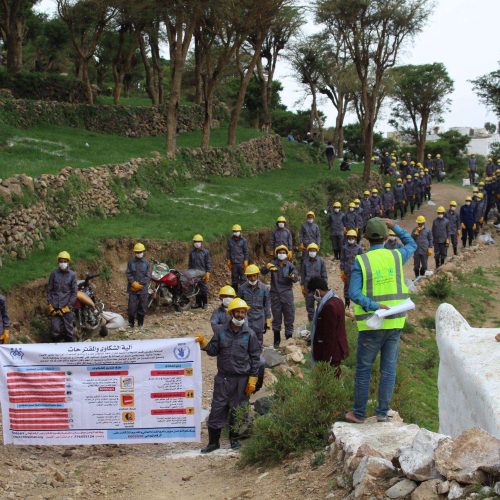
BFD’s Activities to Implement Transparency and Accountability:
BFD sought to enhance the transparency and accountability principles through the implementation of many procedures and established partnerships and relationships with the relevant authorities, including:

- Basic Humanitarian Standard CHS: BFD is an active member of the Basic Humanitarian Standards Alliance, and we are currently conducting a self-assessment of humanitarian standards for our projects in Yemen.
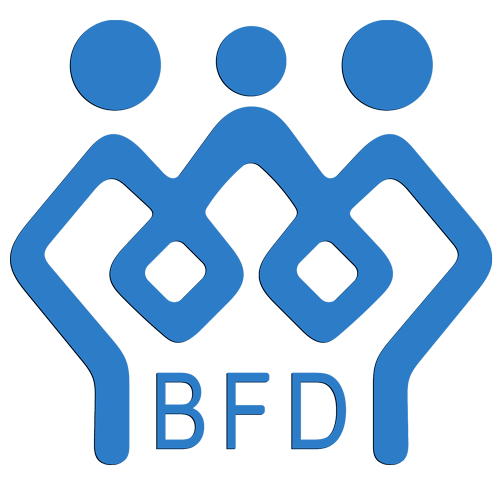
- Contracting with external companies to develop BFD’s policies and procedures related to transparency and accountability.
Accountability and Integrity Procedures:
First: Financial Integrity:
BFD has a legal responsibility and duty to protect the assets and financial resources obtaining from donors, therefore employees are obligated to comply with all applicable standards and policies recorded in financial information. Financial data and records are kept up-to-date, accurate, complete and disclosed to authorized stakeholders (beneficiary communities and local, regional and international partners). Compliance with financial and accounting policies and standards, donor requirements, and applicable laws and regulations is also maintained.
Second: Internal and External Assessments:
- All BFD’s operations are subjected to an internal audit by the internal audit department, which enjoys administrative independence and follows DFD’s executive management.
- The internal audit is carried out in accordance with BFD’s policies and work standards and donors’ requirements.
- The internal audit aims to correct and address inappropriate activities to avoid their occurrence in the future.
- The internal controls in all BFD’s operations are implemented by the Board of Directors, executive management, and the employees themselves.
- Contracting with external auditing companies to carry out audits for all BFD’s activities and procedures.
- Donors carry out periodic reviews of the agreements’ implementation level signed with the BFD by reviewing the implemented activities, budget, timely programs, and all related procedures.
- All BFD’s operations are subjected to an internal audit by the internal audit department, which enjoys administrative independence and follows DFD’s executive management.
- The internal audit is carried out in accordance with BFD’s policies and work standards and donors’ requirements.
- The internal audit aims to correct and address inappropriate activities to avoid their occurrence in the future.
- The internal controls in all BFD’s operations are implemented by the Board of Directors, executive management, and the employees themselves.
- Contracting with external auditing companies to carry out audits for all BFD’s activities and procedures.
- Donors carry out periodic reviews of the agreements’ implementation level signed with the BFD by reviewing the implemented activities, budget, timely programs, and all related procedures.
Third: Risk Management:
Within BFD’s activities and interventions, the risk is defined as a potential constraint that is not assured to occur, and when it occurs, it leads to undesirable results that may affect BFD’s ability to carry out tasks as planned. In this regard, BFD does the following criteria of risk management:
- Risks are analyzed and categorized in accordance with the applicable risk management policy in BFD, and risks are mitigated by using appropriate preventive and corrective procedures and controls.
- Preventive measures and controls are established according to good humanitarian practices, taking into account lessons learned from previously identified interventions and incidents, and also taking into account the environment and geographical areas in which BFD works.
- Risks are identified and analyzed before the implementation of the intervention, and the monitoring and follow-up process for risk development continues throughout the implementation period.
- The risk management process is managed by a specialized committee at the level of senior management and at the sector level, and it is also managed by the project management and reviewed periodically according to international safety and security standards.
Fourth: Procurement Management:
BFD is committed to procuring goods/materials transparently in all cases (regular and emergency), where the purchase process is made according to BFD’s procurement policies and procedures. BFD also ensures that donors’ requirements and related laws are met in a high professional practices manner to achieve the three main purchasing factors for BFD’s services (Quality, Time and Price).

A Complaints & Feedback Mechanism (CFM) is a set of clear, transparent procedures that provide communities with access to a safe, confidential means of voicing complaints on issues within the control of the agency. Complaints and feedback mechanisms may incorporate multiple entry points – i.e., ways in which the complaints can be submitted.
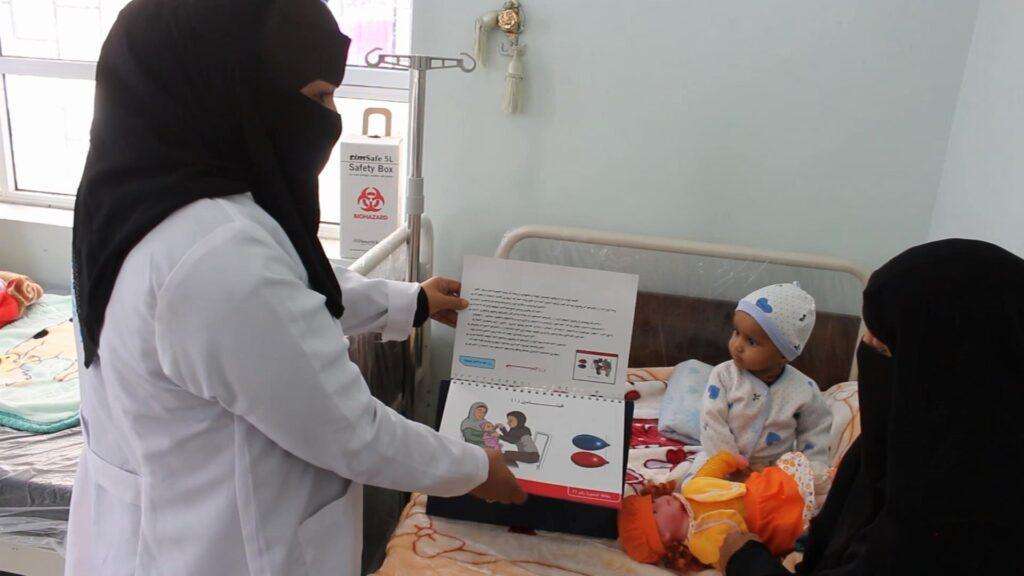
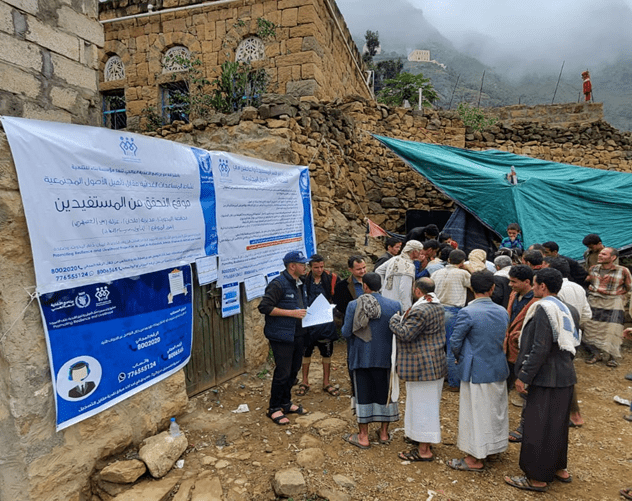
Who can complain?
Communities involved or not involved in our programs. Everyone affected by our programs or program decisions can submit complaints and feedback.
Can partner staff use the complaints and feedback mechanism?
It is critical that our partner staff also have the means to communicate their feedback and complaints about our partnership and program management-related issues to us. The program and its partners should agree on a mechanism for sharing feedback and complaints with each other, and should stipulate this in their partnership agreement. This should be separate from the mechanism set up for use by communities. In communities where we implement programs through partners, we will need to support our partners to set up and manage complaints and feedback mechanisms and ensure feedback data is shared on a regular basis with relevant BFD staff. This will enable us to take action where appropriate, make changes and communicate learnings.
How to set up a complaints and feedback mechanism?
We are committed to giving our communities the chance to raise concerns or complaints and to respond to them appropriately. Here are ten steps that our team setting up complaints and feedback mechanisms (CFM).
How to consult with communities on complaints-handling?
Therefore, In order to set up effective complaints and feedback mechanisms (CFM) we need to consult with communities to find out how they would like to share with us any concerns or complaints about our work. Ideally, this needs to be done at the outset of the program, while we are setting up the project in communities. The consultation on how people would like to share feedback and complaints with us can be easily made an agenda item in one of the initial meetings with communities. Alternatively, separate meetings can be organized for a more detailed discussion on what the mechanism might look like, especially in communities where complaints handling might be a new or a sensitive issue.
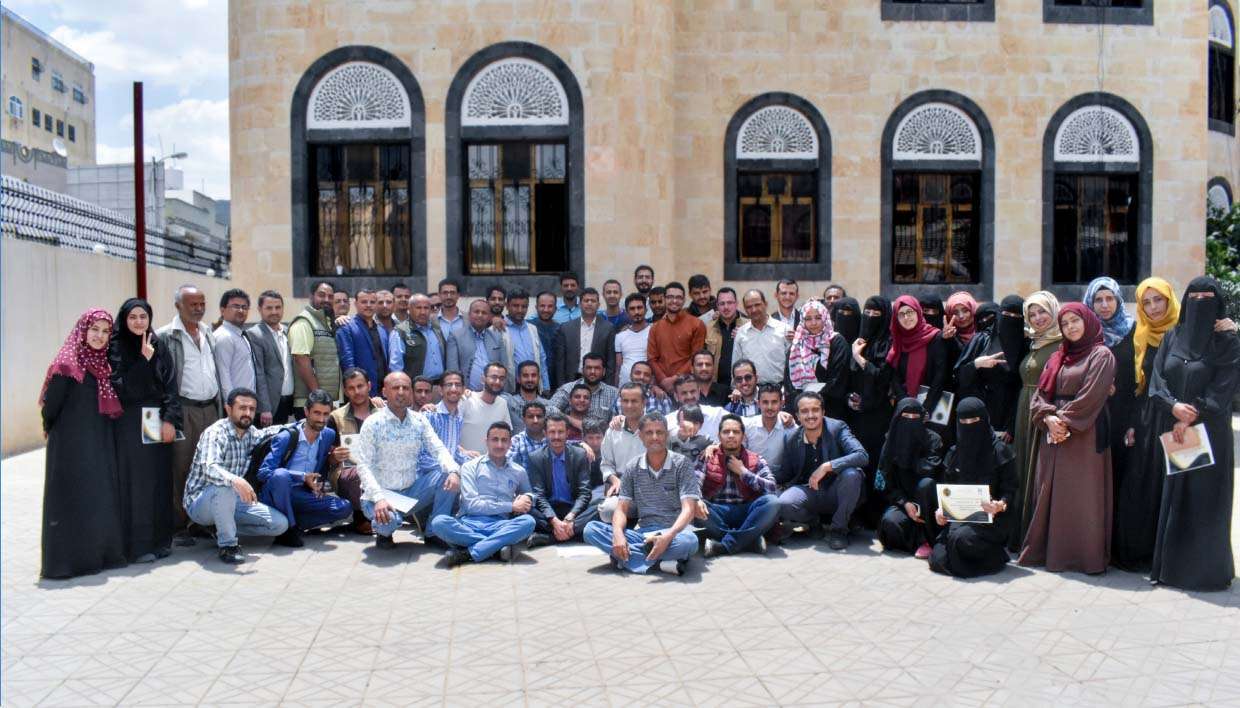
.
